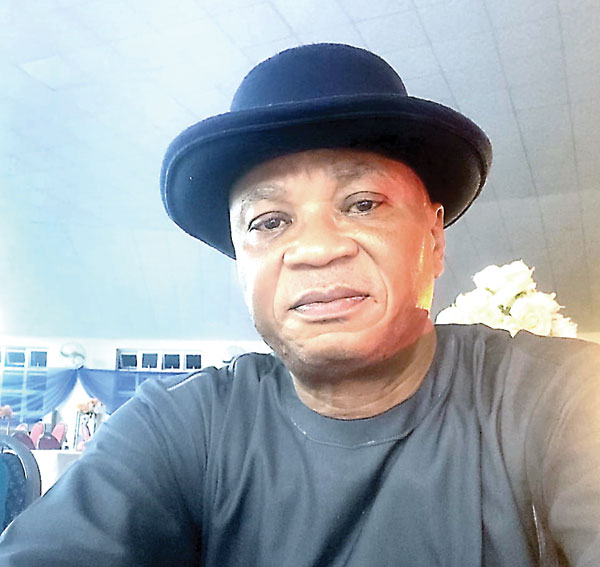Dr Olatunji Olateju, a senior lecturer of Politics and Governance in the Department of Political Science at the Achievers University, Owo in Ondo State and immediate past Head of the department, speaks on system of government, activities of the National Assembly and other issues.
WHAT kind of paradigm shift do you think jettisoning the present presidential system for parliamentary system could be achieved, I mean if we should give the lawmakers a benefit of doubt on their intendment?
Leadership question needs to be resolved first and the ownership of the political parties needs to belong to the people who will eventually determines who gets what. A bad system under good leadership could produce better governance. A good system with bad leaders will produce hardships, hunger, insecurity, and poverty. The problem we have in Nigeria is corruption among the leaders, now copied by the followers. The people that are willing to steal in Nigeria are more than those that are currently stealing. This has nothing to do with either parliamentary or presidential, but attitude of the political elites in our political space. Politics in Nigeria is now dominated by robbers, touts, drug barons, yahoo guys, certificate forgers and ritualists.
What do you consider as the major factors responsible for the apparent failure of the presidential system in Nigeria?
The major factors for the failure are non-consideration of our cultural values before imposing it on us. That is one. Two is poor, inept, and corrupt leadership. Three is massive corruption. I am conscious that some people have argued that it is too expensive for us to sustain. I don’t share this view because Nigeria has no business with poverty, considering the gift of nature and population we are endowed with. After all, the United States has been practising it for decades. The United Kingdom has been a parliamentary country for decades, why are they successful if not for their culture and leadership? Nigeria as a country has been very unfortunate with leadership especially after the first republic. It became worse under military and worst under the All Progressives Congress (APC). Using every social economic index, the Peoples Democratic Party (PDP’s) failure was better than APC performance in the last eight years and eight months. Presently, Nigeria is traveling the path of Venezuela, where a cup of coffee sells for one million bolivar. Why these contributing factors persist is because of the market economy and liberal democracy that we embrace without modifying both to suit our cultural values and coupled with kleptocratic leaders. I have yet to see any country in the world that leaves its entire economy for the forces of the market to control. I am yet to see any country in the world that completely rolls back itself from the activities and existence of its citizenry as Nigeria recklessly does. To what extent do the IMF and World Bank control the economies of the US and other superpowers? To what extent does the World Trade Organisation control the standards of goods and services from the superpowers? Who and who are at the table in the international system? Who are those under the table? Who are the movers and shakers of globalization and world politics? I intentionally raised these posers for us to know that as long we remain a dependent economy, better still, a consuming nation, our political processes will eternally be manipulated by our political elites who are the errand boys of the superpowers and these factors will persist.
If you were to compare the two systems, which do you think is most suitable for Nigeria, in the light of recent experiences of Nigerians coupled with the agitation for a functional and purposeful country?
As I earlier mentioned, if we don’t settle the leadership question and the question of the ownership of the political parties, it will amount to a sheer academic exercise to make any comparison. There is no bad or good system but bad and good leadership. The current agitation of the people for a functional and purposeful country is a reflection of the total absence of the Nigerian state from the lives of Nigerians. Comparing themselves with the citizens of other countries especially the countries we all intend to japa to, seeing the roles of those states in the lives of their citizens will compel them to ask question about why Nigeria has forsaken its citizens. Let me repeat, there is no country that completely rolls itself back from the existence of its people as Nigeria recklessly does.
The people and the citizens are social partners that must work collaboratively for the survival of each. Unfortunately, what we are experiencing in Nigeria is the movement of the Nigerian state in opposite direction to the movement of the people. Every Nigerian is a local government for himself or herself, with no support from the Nigerian State. So, from the foregoing, whichever way we go, leadership and mass participation in the political processes are very crucial.
